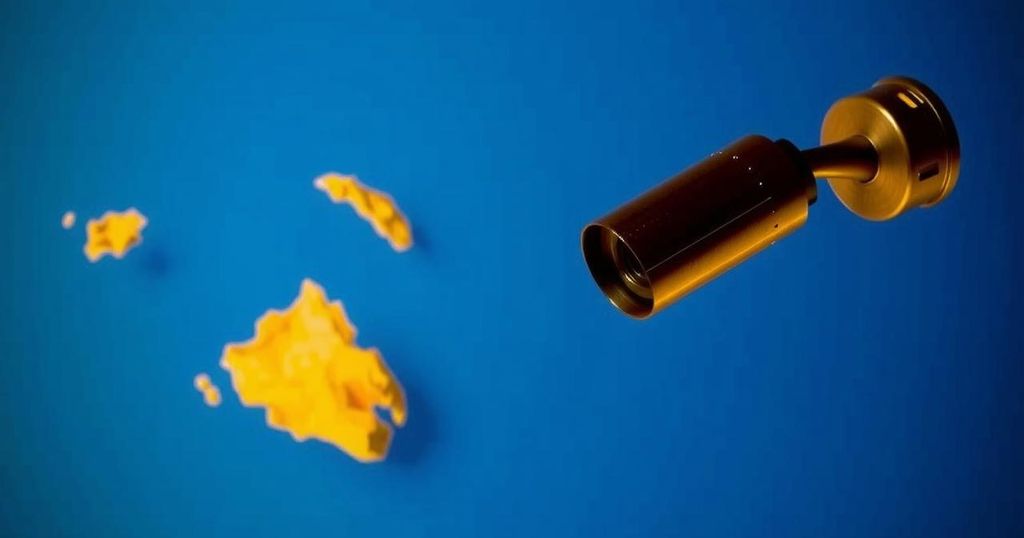Mauritius Prepares for Elections Amid Wire-Tapping Controversy

Mauritius is heading to elections on November 10, 2024, amid concerns over a wire-tapping scandal that has exposed corruption and eroding democratic norms. Prime Minister Pravind Jugnauth faces challenges from opposition parties, notably the Labour Party’s Navin Ramgoolam, while the recent Chagos Islands sovereignty agreement adds complexity to the political landscape.
Mauritius is poised to head to the polls for its general election this Sunday, November 10, 2024, amidst a significant wire-tapping scandal that has ignited concerns over civil rights and the integrity of the democratic process in the nation. Prime Minister Pravind Jugnauth is facing a challenging re-election campaign following recent leaks of secretly recorded conversations involving politicians, diplomats, and members of the press. In a controversial response, the government temporarily banned social media, but quickly reversed its stance amid public outcry. The election occurs within the context of the recent agreement between Mauritius and Britain, wherein the latter relinquished sovereignty over the strategically important Chagos Islands due to a prolonged legal battle, marking a historic achievement for the Mauritian government. Despite this progress, the political atmosphere is tainted by allegations of increased corruption, weakened democratic institutions, and discrimination against the Creole population, which has long sought greater representation.” As voters prepare to cast their ballots, over one million individuals are registered to participate in this 12th legislative election since Mauritius gained independence in 1968. The opposition argues that the country is witnessing a decline in its respected democratic norms, a view supported by the latest findings from the Ibrahim Index, which noted a regression in governance quality within the nation.
Mauritius has historically been regarded as a beacon of democracy and stability in Africa, with a vibrant economy centered around tourism, manufacturing, and financial services. However, recent developments have raised concerns about the preservation of civil liberties and the effectiveness of democratic governance. The wire-tapping controversy has brought to the forefront issues of corruption and institutional integrity, reflecting broader challenges faced by the electoral system, including the dominance of few political families over leadership roles since independence. The need for reform, especially concerning representation and governance, is increasingly acknowledged among observers and political analysts.
In summary, the upcoming elections in Mauritius are significantly impacted by the prevailing wire-tapping scandal, casting doubt on the health of democracy in the nation. Prime Minister Pravind Jugnauth’s re-election prospects are under scrutiny as allegations of corruption and declining institutional credibility loom large. As the country grapples with these pressing issues, the election will serve as a pivotal moment, potentially determining the future of Mauritian governance and its commitment to democratic principles.
Original Source: www.seychellesnewsagency.com







